Description
About Rosuvastatin Calcium Tablets
Rosuvastatin calcium may assist with high cholesterol and lowering the risk of cardiovascular disease. As a member of the statin class of drugs, it inhibits HMG-CoA reductase, an enzyme involved in cholesterol synthesis in the liver. This reduction in cholesterol synthesis may help lower the levels of low-density lipoprotein (LDL) cholesterol in the bloodstream. By decreasing LDL cholesterol, commonly referred to as “bad” cholesterol, rosuvastatin may help reduce the risk of heart attacks, strokes and other cardiovascular events associated with high cholesterol levels.[1][2]
Rosuvastatin may have side effects, including muscle pain, liver enzyme abnormalities, and, in rare cases, rhabdomyolysis, a serious condition involving muscle breakdown.[2][3]
To mitigate potential adverse effects and ensure optimal therapeutic outcomes, talk to your healthcare provider about the monitoring needed while taking rosuvastatin.
Storage
Store this medication at 68°F to 77°F (20°C to 25°C) and away from heat, moisture and light. Keep all medicine out of the reach of children. Throw away any unused medicine after the beyond use date. Do not flush unused medications or pour down a sink or drain.
References
National Center for Biotechnology Information. “Rosuvastatin Calcium.” PubChem, pubchem.ncbi.nlm.nih.gov/compound/Rosuvastatin-calcium.
Rosuvastatin (Crestor): Uses, side effects, interactions, pictures, warnings & dosing. Rosuvastatin (Crestor). May 15, 2024. Accessed June 20, 2024. https://www.webmd.com/drugs/2/drug-76701/rosuvastatin-oral/details- LinkOpens in New Tab
Bajaj T, Giwa AO. Rosuvastatin. [Updated 2023 May 23]. In: StatPearls [Internet]. Treasure Island (FL): StatPearls Publishing; 2024 Jan-. Available from: https://www.ncbi.nlm.nih.gov/books/NBK539883/

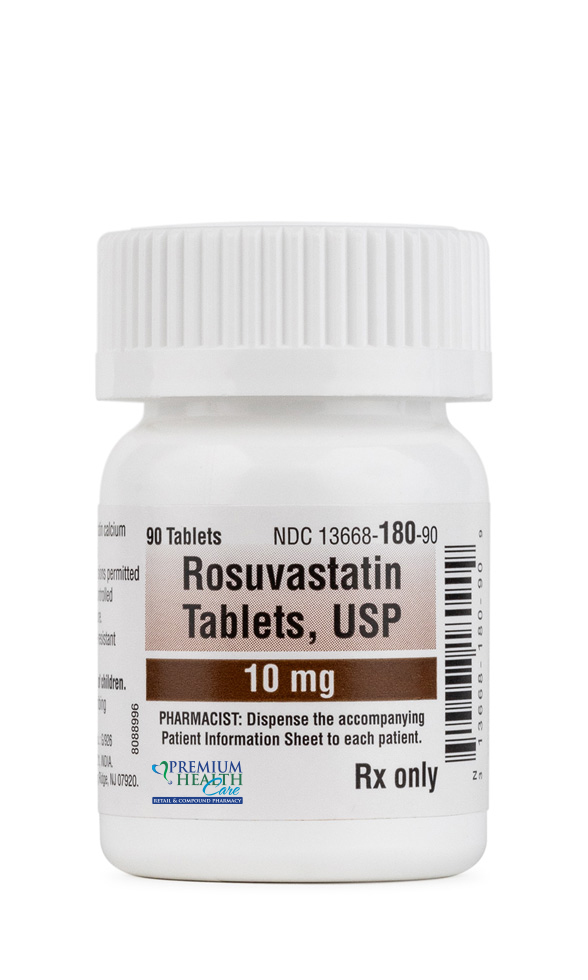

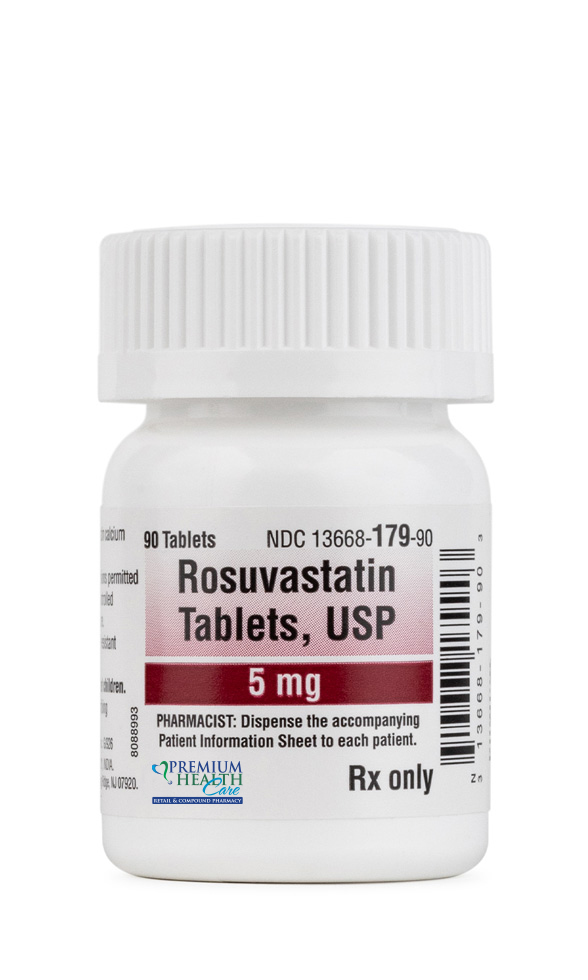
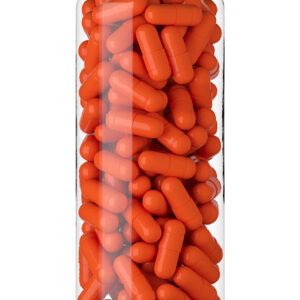
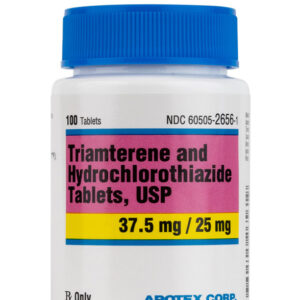
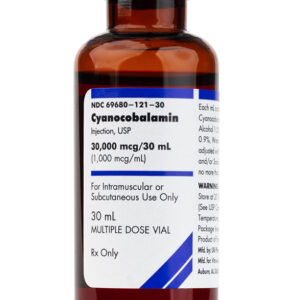
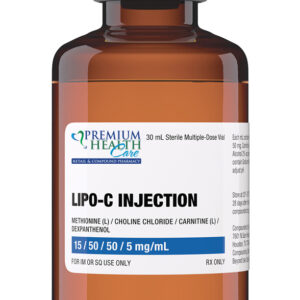
Reviews
There are no reviews yet.